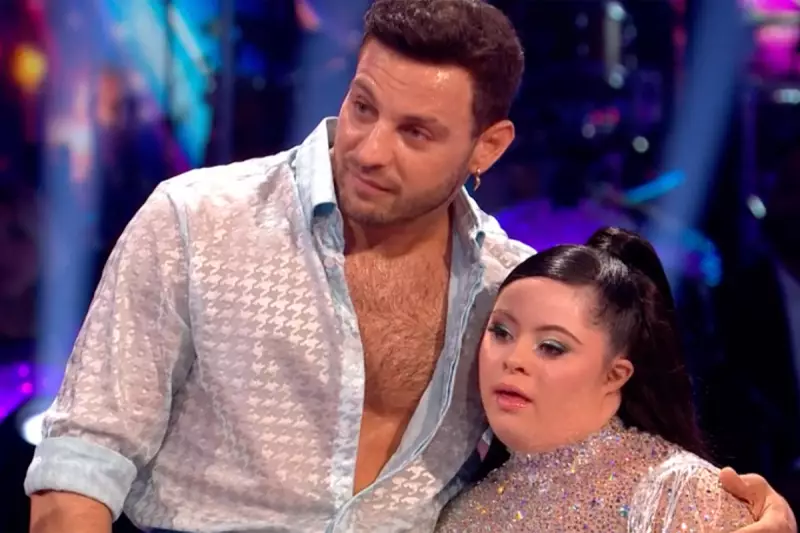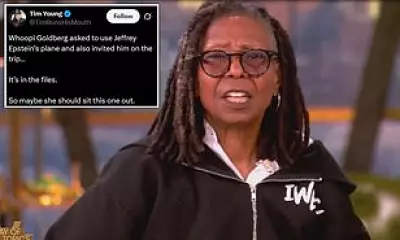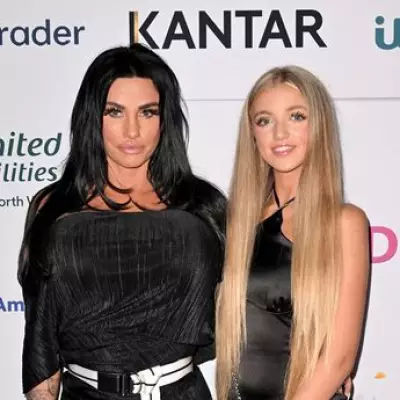
Ellie Goldstein, the trailblazing British model who made history as the first person with Down's syndrome to feature in a Gucci campaign, has opened up about her 'upsetting' experience while filming for Strictly Come Dancing's professional tour promotional material.
The Emotional Revelation
In a candid interview, the 22-year-old model from Ilford expressed her disappointment about being excluded from the main promotional content for the Strictly Come Dancing professional tour. Despite participating in filming sessions, Goldstein discovered she hadn't been included in the final promotional materials that were broadcast to millions of viewers.
'It made me feel upset because I wanted to be in it,' Goldstein revealed, highlighting the emotional impact of the exclusion. 'I wanted to dance and show my moves.'
A Mother's Perspective
Yvonne Goldstein, Ellie's mother, supported her daughter's account, confirming they had dedicated time to the filming process only to find Ellie absent from the final cut. The experience has sparked important conversations about genuine inclusion versus token representation in the entertainment industry.
Breaking Barriers in Fashion
Goldstein's rise to prominence began when she shattered glass ceilings in the fashion world, becoming the first model with Down's syndrome to star in a Gucci beauty campaign in 2020. Her groundbreaking work has continued with features in Vogue and campaigns for major brands like Nike and Adidas, establishing her as a powerful voice for disability representation.
The Importance of Authentic Representation
This incident underscores the ongoing challenges faced by disabled performers in the media industry. While progress has been made in visibility, Goldstein's experience demonstrates that true inclusion means ensuring disabled talent features prominently in final productions, not just during the filming process.
The conversation sparked by Goldstein's revelation continues to highlight the need for production companies and broadcasters to examine their commitment to diversity and ensure that inclusion moves beyond mere tokenism to meaningful representation.





